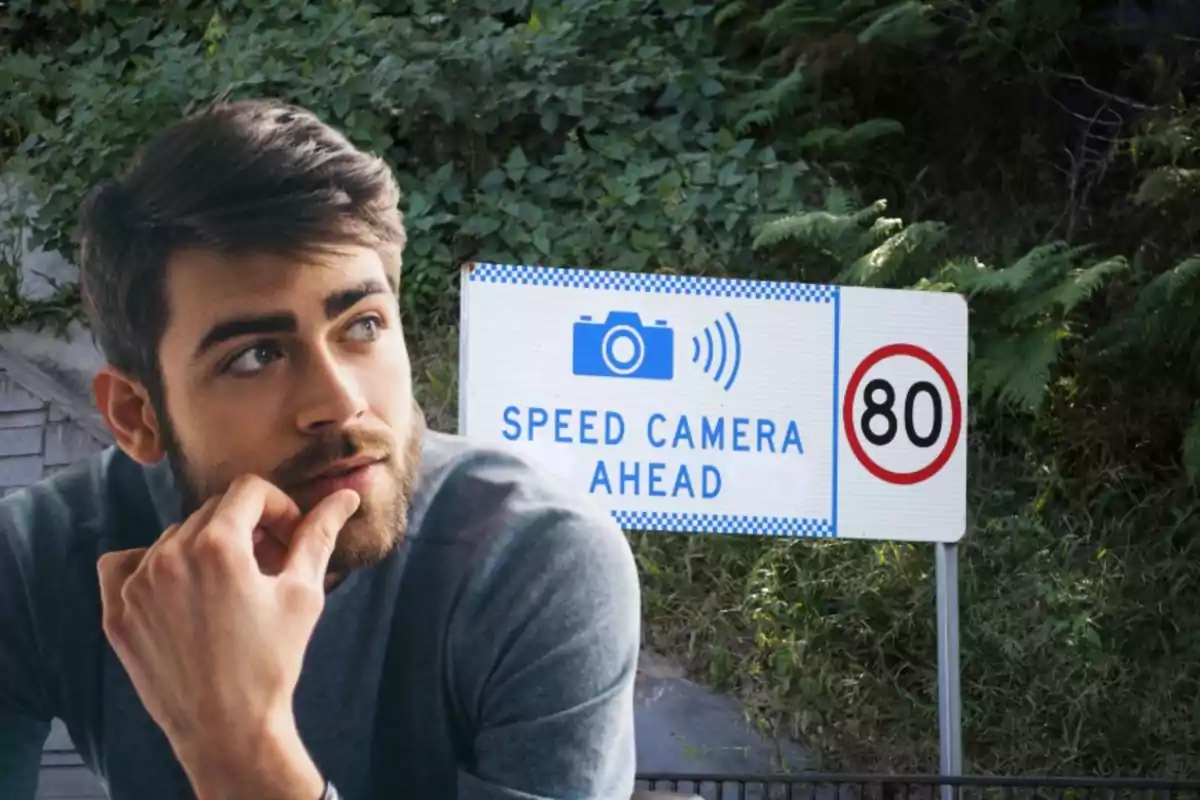Speed control is a key tool for improving road safety. Although its implementation generates controversy, the benefits are clear: speed cameras reduce serious accidents and deaths by nearly 50%. In many countries, speed radars are a common measure to prevent fatal incidents; however, their presence on United States roads is relatively new.
Colorado has decided to join this movement, aiming to decrease the high mortality rates on its roads. To achieve this, the Colorado Department of Transportation (CDOT) has launched the new Speed Control Program, which includes installing cameras in construction zones. According to CDOT, these areas present a high risk due to road conditions and the reckless behavior of some drivers.

Implementation of the speed control program in Colorado
Starting in July, Colorado's government began installing speed cameras in specific sections, and they will be located in construction zones, which are critical points due to speeding. CDOT's chief engineer, Keith Stefanik, emphasized that work zones present dangerous conditions such as narrow lanes, road closures, and sudden braking. All of this increases the risk of accidents if drivers don't respect speed limits.

The Speed Control Program's main goal is safety, not collecting fines. CDOT's executive director, Sally Chafee, explained that the program seeks to change drivers' behavior. According to Chafee, "the simple way to save a life is to slow down," and she also pointed out that the limit isn't a suggestion, but a law that must be followed.
How the cameras work
The speed cameras will be clearly marked, so drivers won't be able to excuse themselves for not knowing about their presence. In case of a violation, a photo of the vehicle will be taken at two separate points on the road. Then, the vehicle's average speed will be calculated; if the speed exceeds 10 mph (16 km/h) over the limit, a $75 fine will be imposed.
The funds caused by the fines will be reinvested in financing this innovative program, with the surplus allocated to the Vulnerable Road User Protection Enterprise. This strategy aims not only to improve road safety, but also to ensure that all the money collected is used for the benefit of all road users.

